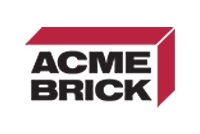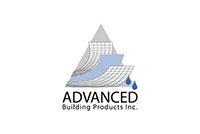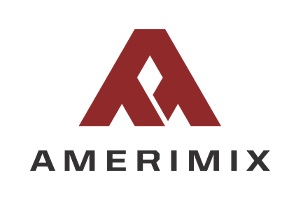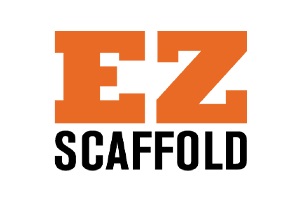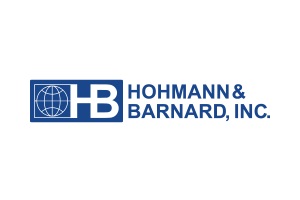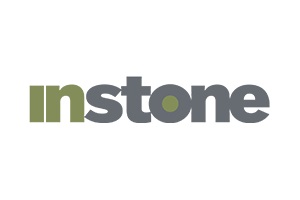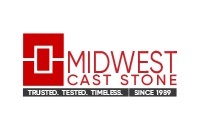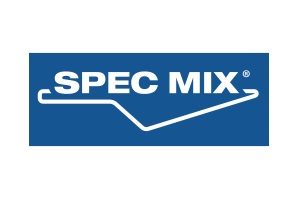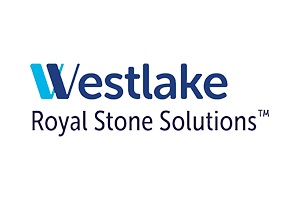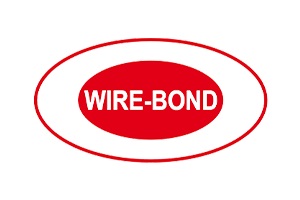Now through May, a Masonry Education Webinar Series is available, sponsored by the International Masonry Institute. These webinars are intended for designers, facility managers, construction managers, owners, and members in good standing of the International Union of Bricklayers and Allied Craftworkers, and their signatory contractors. The programs began in January; the remaining courses are as follows:
Tuesday, February 3 – Noon to 1:30 p.m. Eastern
Designing and Detailing Quality Masonry Structures
This presentation will focus on all aspects of the complete masonry cavity wall system including veneer, the cavity, flashing and weeps, insulation and concrete masonry units. The program will show how all these parts work together to provide an energy-efficient wall system that will be durable as well as cost-efficient.
Tuesday, February 17 – Noon to 1:30 p.m. Eastern
Advanced Masonry Details for Buildings & Landscape Architecture
This presentation will highlight new advances in masonry, rainscreen, and landscape design. The presentation will include new details for site walls, exterior paving, ventilated cavity walls, anchored veneer with stud back-up, rainscreen walls, adhered veneers with continuous insulation, and partition walls.
Tuesday, March 3 – Noon to 1:30 p.m. Eastern
Current Methods and Methodology for Cleaning Historic Masonry Structures
This session presents the rationale and methodology for cleaning both interior and exterior historic masonry surfaces. Cleaning can be the first type of repair measure performed on a new masonry structure to remove any construction residue. Cleaning can also be performed as part of a maintenance program or restoration project. In each of these instances, the masonry can be susceptible to damage caused by an improper selection of materials or methods. Understanding how to approach and develop a proper testing program is the first step in determining which technique will clean the building while promoting long-term performance. The program will introduce current cleaning systems and describe their general performance and applications. Specific attention will be paid to chemical, micro-abrasive, laser and latex systems.
Tuesday, March 24 – Noon to 1:30 p.m. Eastern
Sustainability and Resiliency for Existing Masonry Buildings
Significant prospects exist for restoring and retrofitting the exterior and interior systems in existing masonry buildings. This seminar will examine strategies for addressing resilient design in existing buildings that include energy savings passive systems, durable design, occupant comfort, and indoor air quality that will improve building flexibility. This seminar also will examine and cross reference LEED concepts related to LEED for Existing Buildings: Operations & Maintenance.
Tuesday, April 7 – Noon to 1:30 p.m. Eastern
Do’s and Don’ts of Tornado Shelter Design
This presentation will focus on correct planning for storm shelters based on the applicable ICC and FEMA standards. Tornado impact, shelter design and examples, owner and design professional perspectives, and project funding are discussed.
Tuesday, April 21 – Noon to 1:30 p.m. Eastern
Thinking Inside the Box – Masonry Partition Wall Design
The new software tool developed by IMI provides the opportunity to engineer masonry interior partitions with simple input, but with results that come from a rigorous engineering analysis. The program offers options for: unreinforced or reinforced concrete masonry units, unreinforced clay brick units, compliance with IBC 2009 or IBC 2012 allowable stress design provisions, three support conditions – vertical, horizontal and cantilever, input of vertical loads, horizontal uniform loads, horizontal concentrated loads, input for all risk categories as well as egress stairways, and input for all seismic design categories. Options can be changed and compared quickly, and easily, permitting the designer to optimize the wall system in minutes
Tuesday, May 5 – Noon to 1:30 p.m. Eastern
Tile Design and Construction
Attendees will develop an understanding of the various types of tile, setting methods, system components, design and installation considerations, specialty systems, and quality assurance. Attendees will learn how to use applicable codes and standards to design, specify, and construct tile work meeting minimum requirements and best practices. The program will emphasize design and installation requirements for large format tile, including substrate preparation. It will discuss how to comply with Division 3 and Division 9 criteria for floor flatness. The program also will look at the new standards for coefficient of friction (COF) as well as the new recommended specification language for installer qualifications appearing in the TCNA Handbook and MasterSpec.
Tuesday, May 19 – Noon to 1:30 p.m. Eastern
Reinforcing Historic Masonry Walls
In many instances, historic masonry walls require reinforcing to either stabilize or strengthen the masonry system. These situations may arise from any number of reasons, including poor original design or construction, damage due to seismic activity, or just general weathering and/or deterioration. This course will outline some of the most common scenarios and present a variety of current methods available to address the causes as well as the symptoms. Particular attention will be paid to pinning and grouting systems, which have been designed for structural and non-structural applications.
To learn more and to register for any of these programs, contact Dawn Lafey at (301) 291-2110 or dlafey@imiweb.org.

